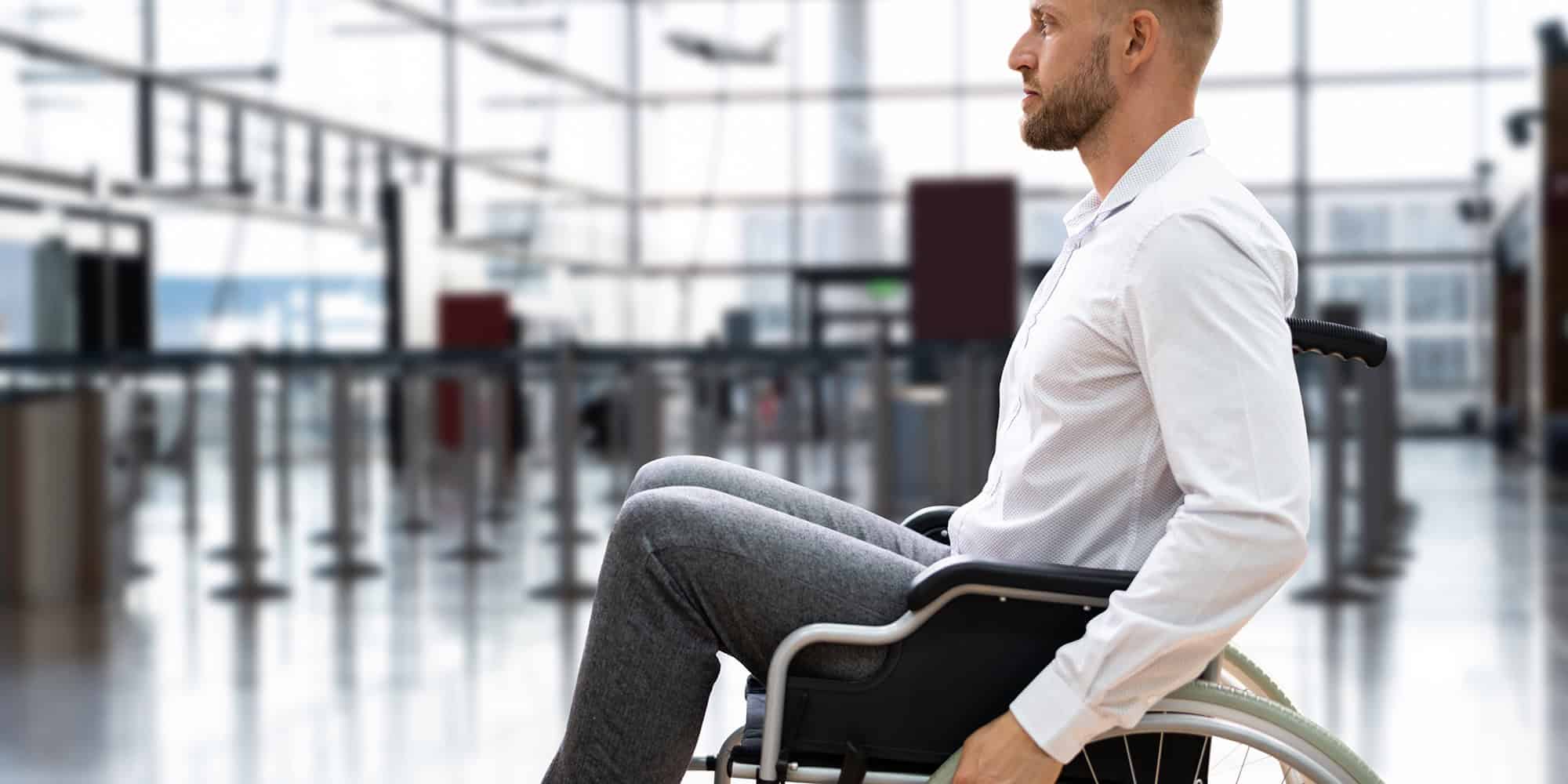Setting a New Standard in Sustainable Aviation
Virgin Atlantic, a trailblazer in aviation, is poised to make history with the first-ever transatlantic flight powered exclusively by alternative fuels. Departing from London’s Heathrow at 11:30 GMT, this groundbreaking journey will land at New York’s JFK airport.
Paving the Way for Greener Skies
Supported by government funding, this initiative is a testament to the aviation industry’s commitment to exploring eco-friendly options. While a monumental achievement, it highlights challenges in sustainable fuel supply and the need for additional technology to meet emission targets.
Sustainable Aviation Fuels: A Closer Look
Sustainable aviation fuels (SAF), derived from sources like crops, household waste, and cooking oils, are taking centre stage. For this flight, a Boeing 787 will be fuelled with 50 tonnes of SAF, comprised of 88% waste fats and the remainder from corn production waste in the US.
Regulatory Approval and Collaborative Efforts
UK’s Civil Aviation Authority approved the flight after rigorous testing and analysis. Noteworthy collaborators include Rolls-Royce and BP, emphasising the collaborative effort required to drive aviation sustainability.
Shai Weiss’s Vision
Virgin Atlantic’s CEO, Shai Weiss, sees this flight as proof that sustainable aviation fuel can replace fossil-derived alternatives. He acknowledges the scarcity of SAF and the need for global production, emphasizing the importance of an industrial revolution in aviation.
Challenges and Higher Costs
Weiss acknowledges the higher cost of SAF, impacting flight prices. Currently, SAF constitutes less than 0.1% of global aviation fuel consumption due to cost and production limitations.
A Step Towards Decarbonisation
While SAF isn’t a magic bullet, it’s considered the most effective tool to reduce net emissions by up to 70%. Experts emphasise SAF as a stepping stone toward future technologies like e-fuels, hydrogen, and other laboratory-stage innovations.
Aiming for Net Zero
Despite scepticism, UK ministers believe in achieving “net zero” by 2050, supported by sustainable aviation fuel, hydrogen, and electric flight technologies. The UK government aims for 10% of aviation fuel to be SAF by 2030.
Industry Response
Airlines UK stresses the need for affordable SAF access to meet government requirements, preventing higher fuel costs for UK passengers compared to global counterparts.
In summary, Virgin Atlantic’s historic flight is a pivotal moment, showcasing the potential of sustainable aviation fuels and driving the industry toward a greener future.






